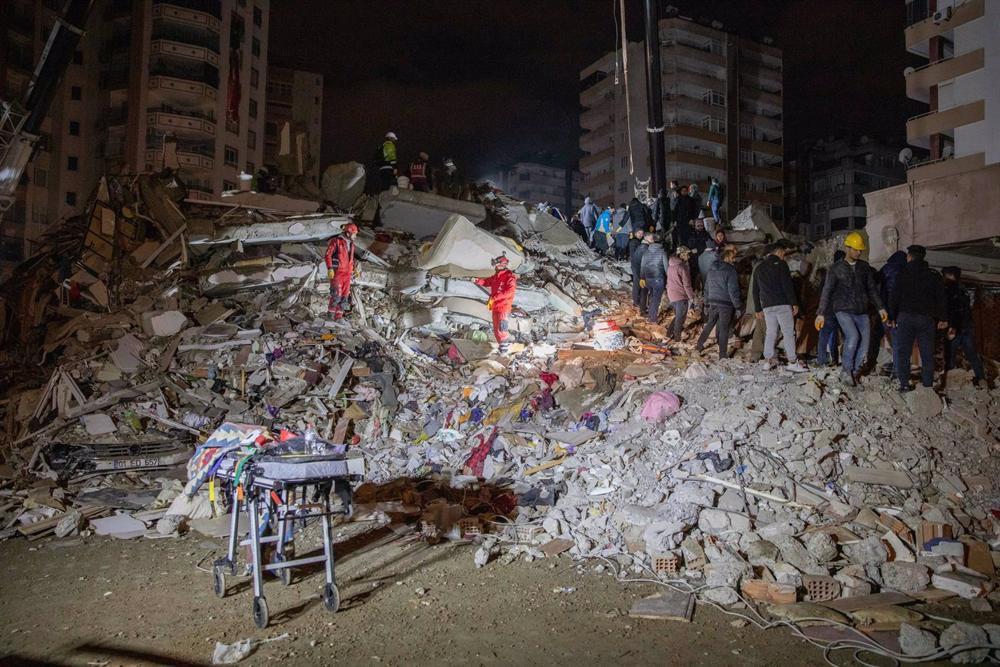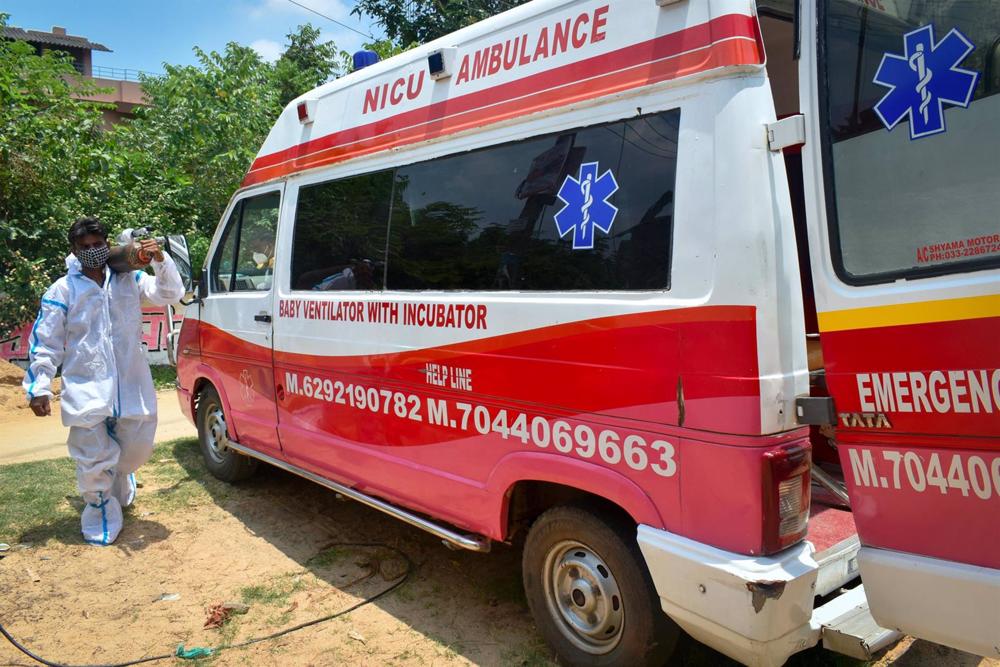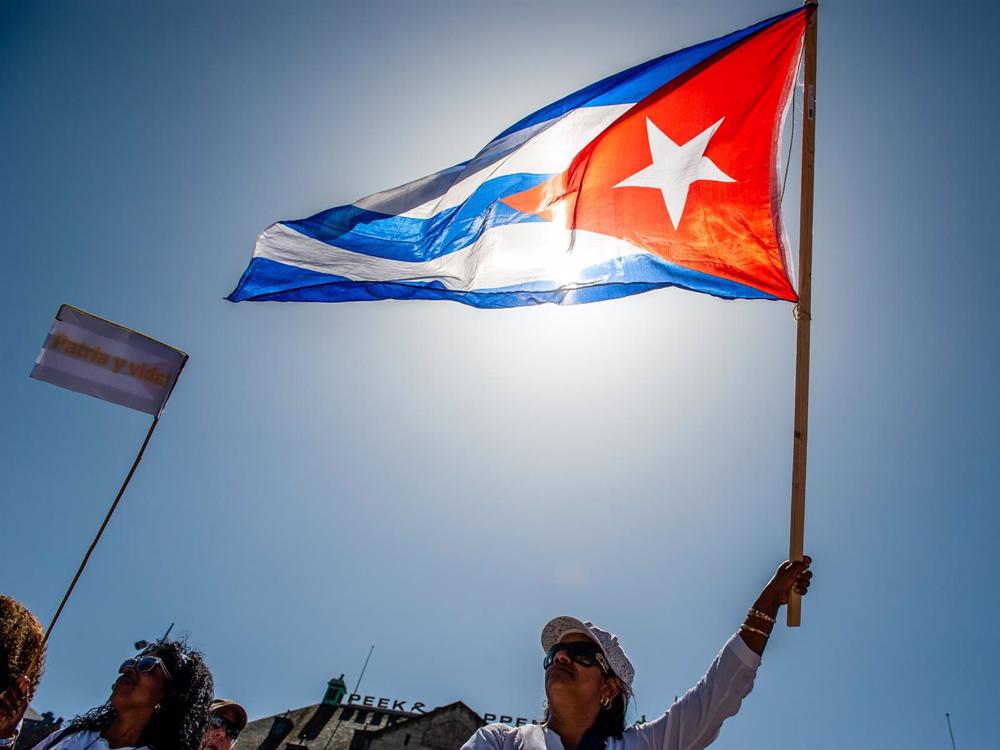
The United Nations Children’s Fund (UNICEF) warned on Tuesday of the «enormous impact» on children of the devastating earthquakes registered on Monday in southern Turkey, near the Syrian border, before highlighting that «thousands» of homes have been destroyed, forcing families to be exposed «to the elements» in the midst of a harsh winter.
«It is the most powerful earthquake in the region in nearly 100 years and has come at the worst time for vulnerable children and families in the affected areas,» UNICEF spokesman James Elder lamented. «Thousands of homes have been destroyed, displacing families and leaving them exposed to the elements at a time of year when temperatures routinely drop below zero degrees and snow and frost are common,» he said.
Thus, he has stated that «displaced families in northwestern Syria and Syrian refugee families living in informal settlements in Turkey are among the most vulnerable.» «There was already an emergency situation in northwest Syria. Communities are coping with a cholera outbreak and heavy rains and snow,» he noted.
Elder has therefore stressed that «in this context, and after more than a decade of conflict, this earthquake is absolutely unbearable.» «Although we do not yet have verified figures, we know that many schools, hospitals and other medical and educational facilities have been damaged or destroyed by the earthquakes,» he said.
Therefore, he detailed that the «immediate focus» in the case of the response in Syria is to «ensure that affected children and families have access to clean water and hygiene services, which are key to preventing disease in the early days of a crisis,» as well as social protection work, including «efforts to identify separated and unaccompanied children and reunite them with their families, as well as provide them with psychological support.»
The main lines of action also include education, to «ensure that children can return to school as soon as it is safe»; the delivery of medical supplies, for which UNICEF is «trying to fill immediate gaps for all supplies through warehouses in Lebanon and Jordan»; and the delivery of nutritional supplies «to theaters of operation».
«The displaced population in Syria needs essential food and nutritional services. Ensuring the nutritional needs of children under two and pregnant women is crucial to prevent further deterioration of their nutritional situation,» said Elder, who noted that the response is being coordinated with other UN agencies and partners to mobilize supplies from across the region.
In the case of Turkey, UNICEF is focusing its efforts «on search and rescue operations.» «UNICEF is coordinating with the Government and the Disaster and Emergency Management Authority (AFAD) around emerging needs linked to a broader humanitarian response.» «Our support includes hygiene kits, blankets and winter clothing,» he concluded.
Earlier on Monday, UNICEF Executive Director Catherine Russell lamented that the images in Syria and Turkey following the earthquakes «are heartbreaking.» «That the first earthquake was so early, when many children were still sleeping, has made it even more dangerous, and the aftershocks continue to bring risks,» she said.
«Our hearts and thoughts go out to the children and families affected, especially those who have lost loved ones or have been injured. Our immediate priority is to ensure that affected children and families receive the support they so desperately need,» Russell reiterated, according to a statement released by the agency.
The earthquake has caused about 3,500 deaths in Turkey, about 810 in areas of Syria controlled by the government of Bashar al-Assad and another 790 in rebel-held areas of Idlib and Aleppo provinces (northwest), according to various balances published during the last hours.
Source: (EUROPA PRESS)






